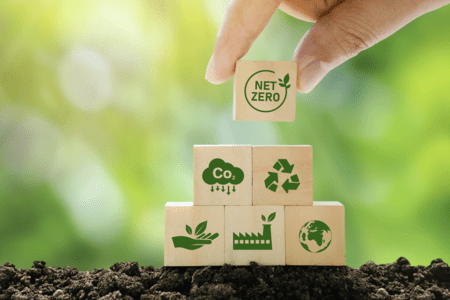
Bangladesh aims for sustainable apparel growth through circular economy initiatives
YarnsandFibers News Bureau 2023-12-25 18:49:53 – BangladeshA report from the Fashion Partnership Organization in Denmark highlighted the crucial role of a circular economy for the sustainable development of the apparel sector. The report, dated 2019, revealed that Bangladesh exports 60% of its textile wastage each year. However, there is potential for the country to reduce its 15% demand for total cotton import by repurposing its cotton wastage.
Projections indicate a threefold increase in water demand in the textile industry compared to internal demand by 2030. This emphasizes the importance of prioritizing the development of a circular economy in the apparel sector to address environmental concerns.
In a dialogue titled "Circularity, de-carbonization, and competitiveness in Bangladesh’s apparel sector," Faisal Rabbi, Stakeholder Engagement & Public Affairs Manager at H&M, emphasized the need for reducing greenhouse gas emissions in production countries like Bangladesh. This is seen as crucial to achieving net-zero targets by 2040. Rabbi highlighted that aligning with the goals of fashion brands is not just a brand requirement but a legal necessity for future market access.
The dialogue, organized by LightCastle Partners and Policy Exchange Bangladesh, aimed to strategize and implement processes for the future. This initiative is part of the comprehensive program "Bunon 2030," dedicated to transforming the apparel sector in Bangladesh.
Market Intelligence
Ask for free sample Report

experience
Customer Base
dedicated team
Countries Served Worldwide









